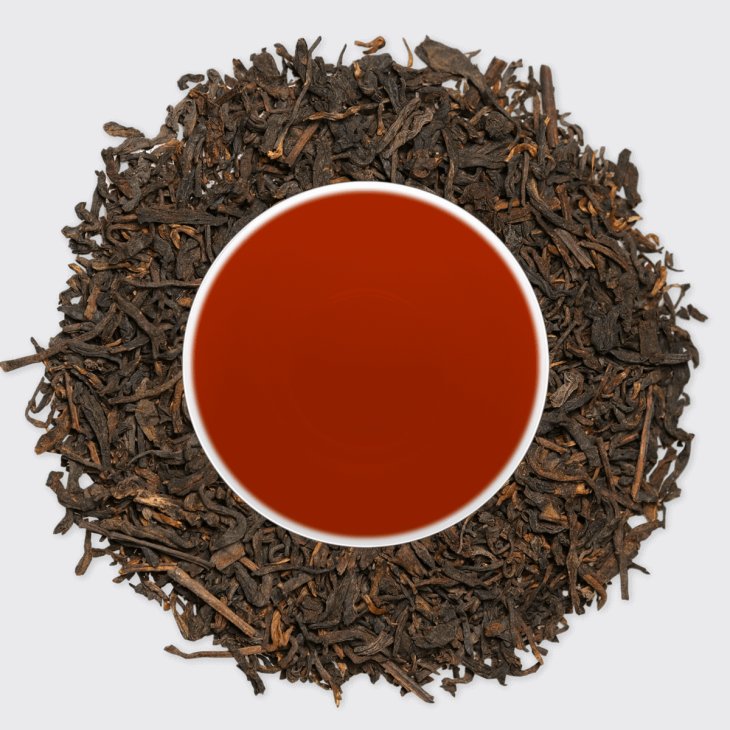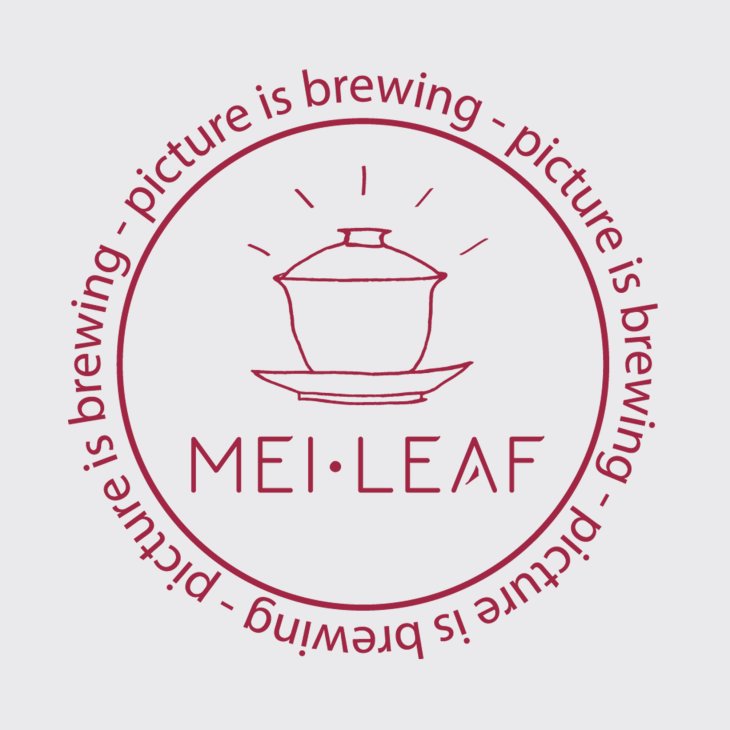A gem of a Heicha at a really affordable price. Young yet expertly fermented to make a clean, vibrant and zesty tea.
Produced in 2019 using the wet-piling process (similar to Ripe PuErh) but with a lighter touch to make a brighter tea. The cultivar used to make this tea is the Guangxi Da Ye Zhong - large leaf tea trees very closely related to Yunnan Da Ye Zhong.
ABOUT LIU BAO
Liu Bao is a fermented tea (Heicha) which predates Ripe PuErh by at least 500 years. It is made in the beautiful province of Guangxi around Wuzhou. In the Qing Dynasty this area was divided up with different forts (Bao “堡”) and this tea was made in the area of the fort number six, hence the name Liu Bao (number six fort).
As far as we know, the tea was historically made using a triple steaming method of processing.
1. Steam to deactivate enzyme (Sha Qing or fixing process). Followed by rolling.
2. Steam to compress into boxes and left for days to ferment. Followed by rolling, drying and sorting.
3. Steam to compress into baskets for long term ageing and fermentation
In the 1960's the style of production started to change and the wet-piling process was developed to ferment the tea. This involved pan-firing the tea and then wetting and piling the tea in controlled conditions. This technique was then adopted and developed by the producers in Yunnan to make Ripe PuErh tea in the 1970's. The wet piling process became more and more popular in Yunnan and tended to be heavier (more water added and thicker piles for deeper fermentation) - this style started to re-influence Liu Bao.
All of this means that practically all Liu Bao produced after the 1990's was wet-piled (as opposed to the triple steaming method) and that as the years have progressed the traditionally lighter fermented Liu Bao has become more deeply ripened with influence from Yunnan.
Liu Bao is revered in Chinese Medicine for being able to expel dampness (shivers, sweaty palms and congested feeling) while heating you if you are cold and cooling you if you have too much heat in your body.
Liu Bao was famously consumed by the imported Chinese workers who were brought to mine Tin in Malaysia. It was said to be essential for them to handle the damp and arduous conditions of the Tin mines. Hence, a lot of Liu Bao was exported to Malaysia and much of the old Liu Bao can still be found there. It is also a tea much loved in the humid climates of Hong Kong and Guangdong.













